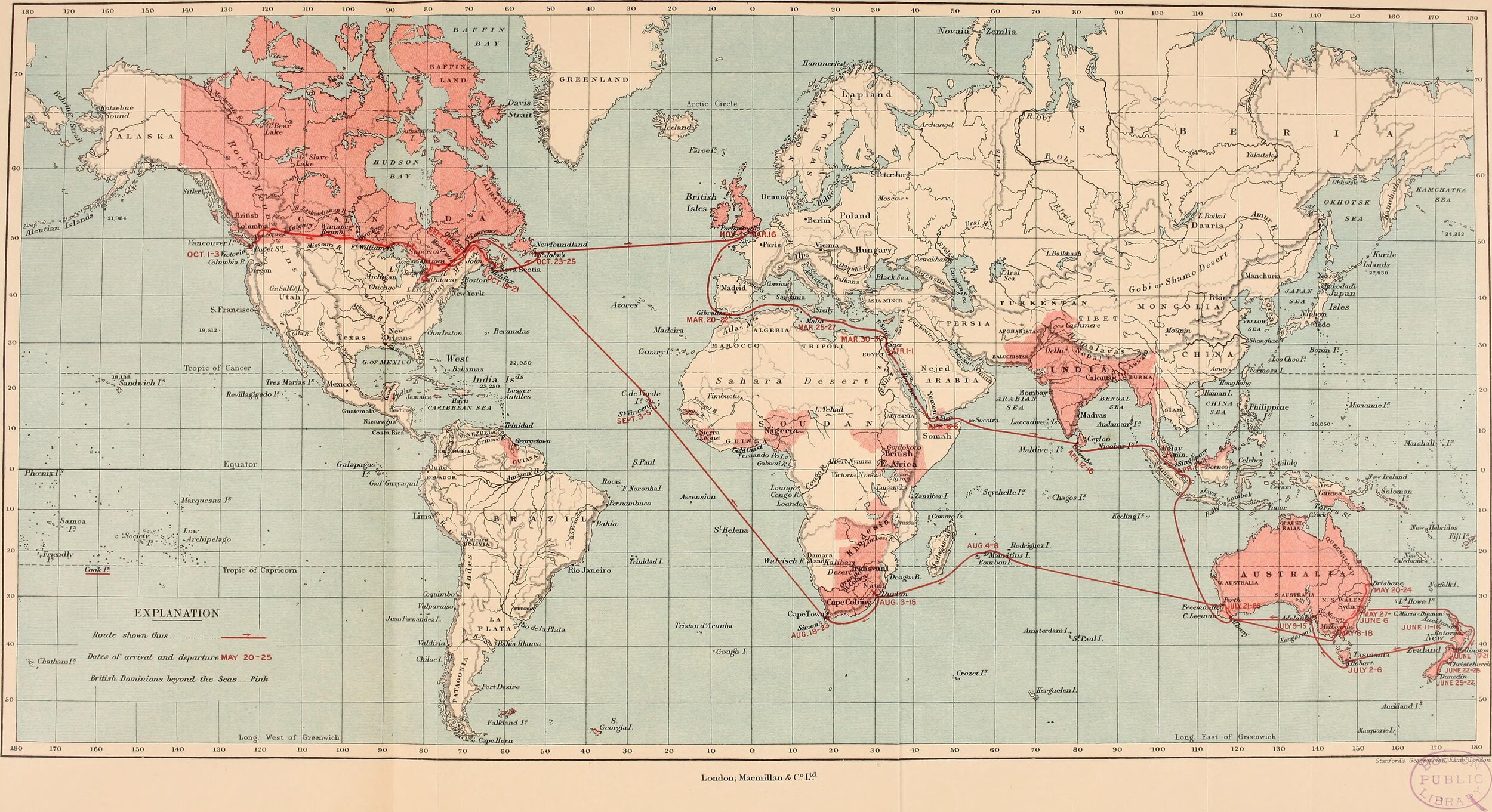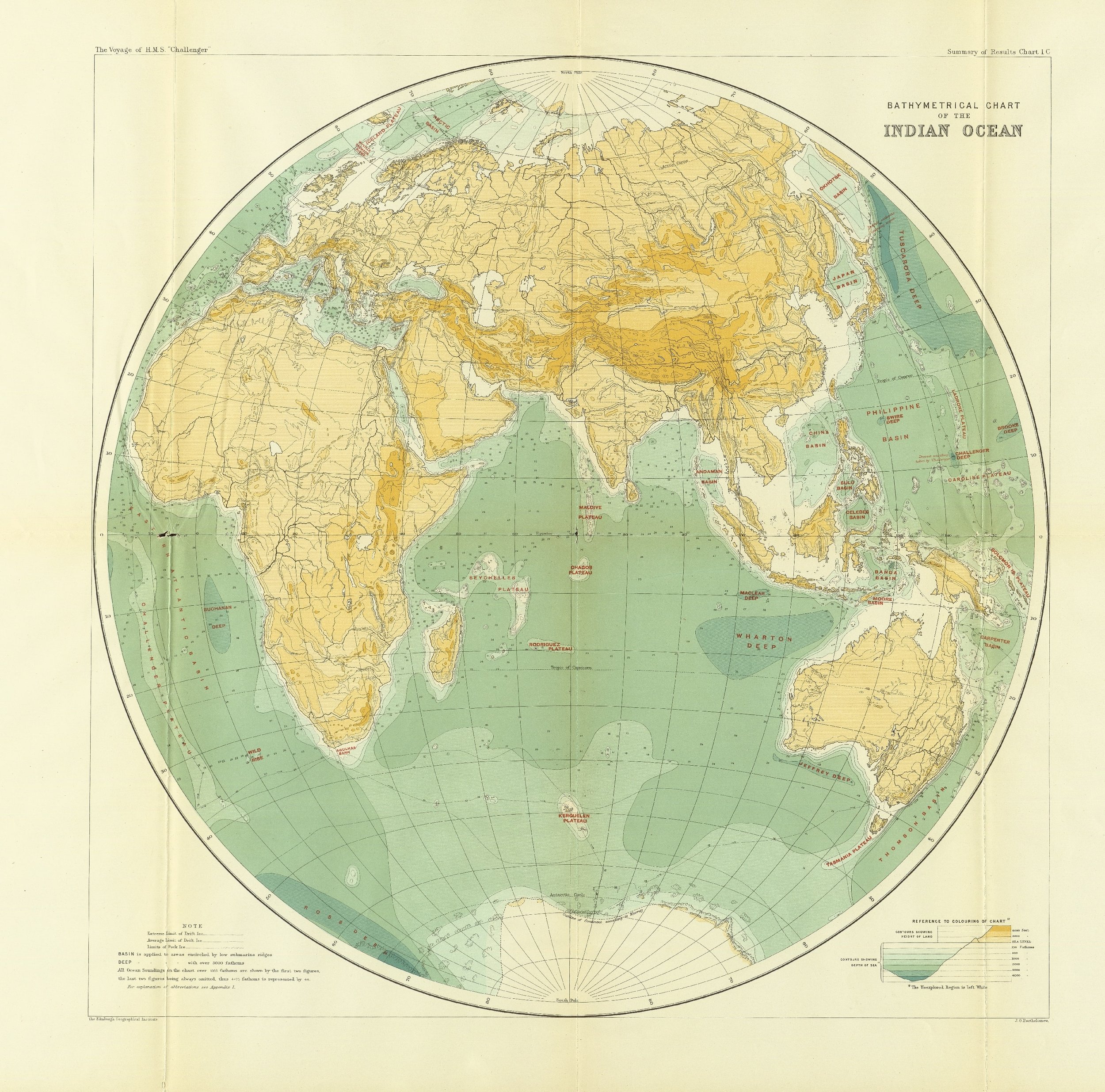
Part 5:
1945 to 2020: The Big Picture
#94 America, China, and the Struggle for Global Hegemony: Can the World Survive?
The peoples of Western Europe had risen from one world of relative poverty and had learnt how to take the wealth from the Americas and transfer it to their own countries. This was slavery and latterly until 1920, indentureship. A whole set up of banks, shipping companies, and insurance companies had arisen to make these transfers possible. From the 1750s the European invaders turned their attention to Asia and systematically began the colonisation process anew. At the same time, as they attempted to colonise and extract the wealth of Asia, the colonising countries began the process we now recognise as industrialisation alongside the rapid growth of cities. The surplus resources extracted through colonisation were used to finance the growth of new industries.
#86 China’s Overseas Policy: Part 2
Conclusions arising from China’s Global infrastructure on the world stage are still difficult to assess. Do Chinese world policies create a new form of Imperialism as part of the anti-China rhetoric suggests?
That the USA resents the rise of China as a contender for world power is obvious. China is different as a contender state when compared to Germany before 1914 and the USSR after 1945. It is worth our time to consider these large questions?
#85 China and the rest of the World
Chinese foreign policy in the period from 1949 to 2000 was largely defensive and determined to maintain the revolution. Only after the Chinese treasury was replete with US dollars, and after they began to accommodate American and other western global companies, could they begin to develop a global policy. This was part of the story; the other vital aspect was the lesson they learned from the Soviet collapse in 1991.
#80 China's Long History
It is important to understand that China has a long-written history of economic and political development. Unlike the USA, France or Britain, China has a very long history of administering the huge landmass which makes up China today.
Chinese politicians in the 21st century have been able to draw on the wisdom from ancient antiquity. Records of developments in China were written down. In the 13th century, Marco Polo, a traveller, a nobleman and trader from Venice, described a city of a million people. We know from a large cache of historical records, that traders had been moving and writing to each other for at least 1000 years. These written records were first discovered in the 20th century. They were found in a repository in a Jewish synagogue in Egypt in the early 20th century, having survived so well due to the dry air of the region.



